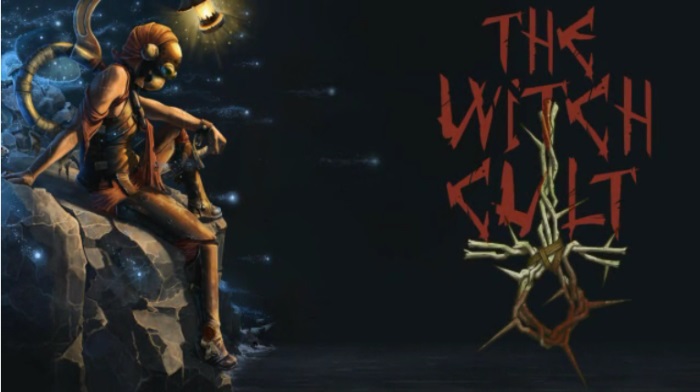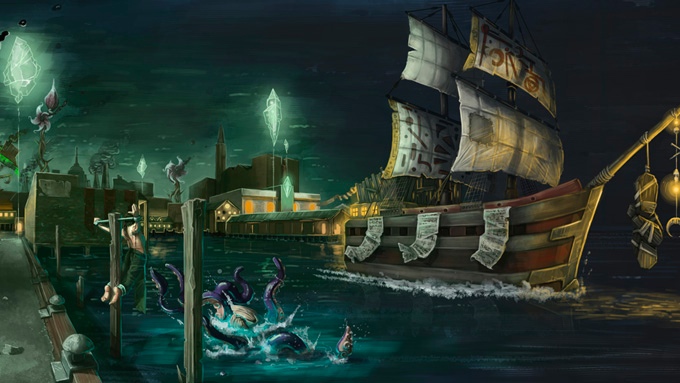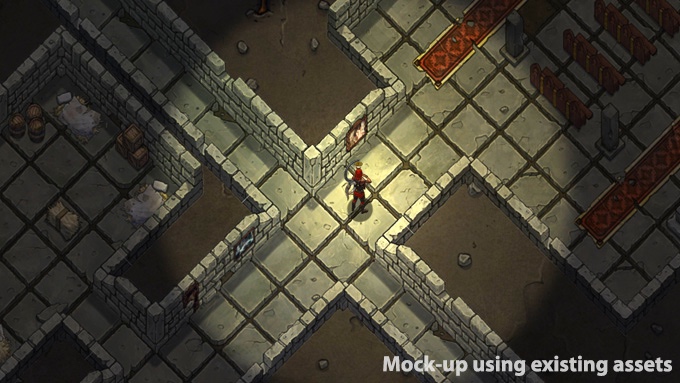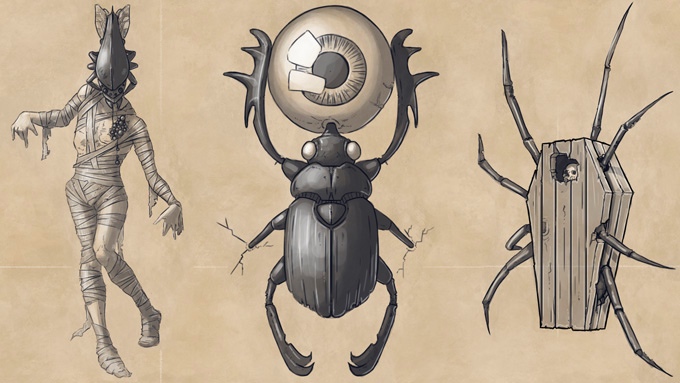Funding is one of the biggest hurdles indie developers face when trying to create their games. Even when a project gets the funding it needs, it’s easy to rack up additional expenses during the life of the game. This is a problem Michael Fitzhywel hopes to avoid with his campaign for The Witch Cult. Fitzhywel is part of a growing group of indie devs who limit their backer rewards exclusively to digital media.
“To ensure that the majority of funds goes directly towards the game development itself, I have made the decision to restrict rewards to digital delivery types only.” Fitzhywel explained on The Witch Cult Kickstarter page. “Thus there will be no money spent on postage, nor unexpected production costs. My time will then be spent focusing specifically on development and not on packing and mailing physical objects.”
It’s a brave move, particularly since many backers become involved with projects specifically to receive rare physical goods. Fitzhywel hasn’t ruled out the possibility of producing such goods in the future. Possibly through a print on demand service. He does maintain, however, that they will not be part of the Kickstarter funding.
Light And Dark, Sound And Quiet
The Witch Cult is trying to raise $53,009. The game tells the story of a group of refugees fleeing a fascist witch regime. The player takes on the role of the “Unknowable,” a character who, through concealment and ritual, cannot be located by the coven’s magics.
Gameplay focuses on reaction, timing, and puzzle elements. Everything is played out across three distinct, hand-drawn zones. In addition to a copy of the completed game, backers at the highest level (about $923) also receive an hour of one-on-one time with Fitzhywel. In combination with access to a live streaming art class, these backers will be able to ask questions and receive personalized critique of their work from Fitzhywel, an illustrator and 3D artist with 12+ years of experience in video games and related industries.
Time will tell if backers find this proposal worthwhile. Perhaps the biggest warning flag is that Fitzhywel is working on the project alone. This means that even if he manages to avoid spending money on production and shipping of the rewards he still has to create all of them himself while also developing the game.
We’ve seen less ambitious projects crumble with larger teams under half of this strain. Digital rewards may be a solution to one problem, but they could also cause a few issues of their own.






